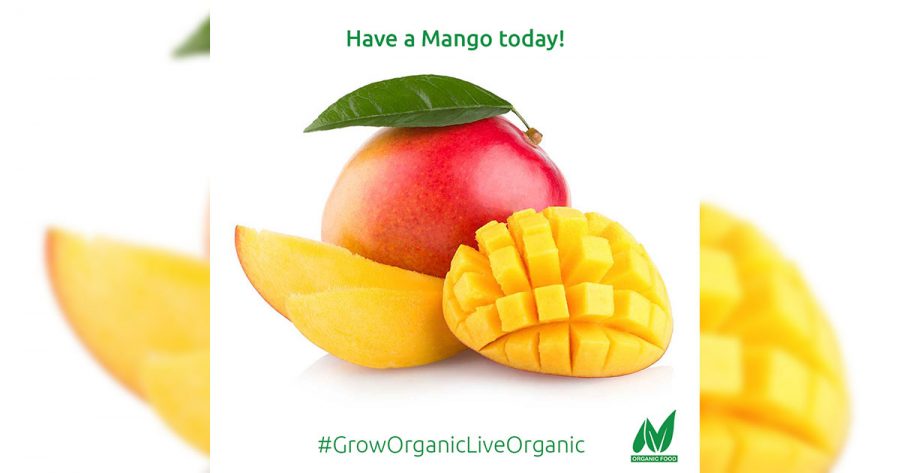Mango Monday
Many studies have suggested that increasing consumption of plant foods like mangoes decreases the risk of obesity and overall mortality, diabetes, and heart disease and promotes a healthy complexion and hair, increased energy, and overall lower weight.
Consuming fruits and vegetables of all kinds has long been associated with a reduced risk of many lifestyle-related health conditions.
Mangoes can possibly help protect and strengthen the body in the following ways:
Diabetes
One cup of mango provides about 3 grams of fiber.
Studies have shown that people with type 1 diabetes who consume high-fiber diets have lower blood glucose levels; and individuals with type 2 diabetes may have improved blood sugar, lipids, and insulin levels.
Skin and Hair
Mangoes are also great for your hair because they contain vitamin A, a nutrient required for sebum production that keeps hair moisturized. Vitamin A is also necessary for the growth of all bodily tissues, including skin and hair.
Adequate intake of vitamin C, found in just 1 cup of mango per day, is needed for the building and maintenance of collagen, which provides structure to skin and hair.
Asthma prevention
Beta-carotene, found in mangoes, papaya, apricots, broccoli, cantaloupe, pumpkin, and carrots helps to reduce the risk of developing asthma.
Age-related macular degeneration
The antioxidant zeaxanthin, found in mangoes, filters out harmful blue light rays and is thought to play a protective role in eye health and possibly ward off damage from macular degeneration.
A higher intake of all fruits (three or more servings per day) has also been shown to decrease the risk of and progression of age-related macular degeneration.
Heart disease
The fiber, potassium, and vitamin content in mangoes all help to ward off heart disease. An increase in potassium intake along with a decrease in sodium intake is the most important dietary change that a person can make to reduce their risk of hypertension.
Bone health
Low intakes of vitamin K are associated with a higher risk of bone fracture. Adequate vitamin K consumption can be achieved by eating a proper intake of fruits and vegetables. Vitamin K is important for improving calcium absorption, essential for optimal bone health.
Post Views:
1,913
